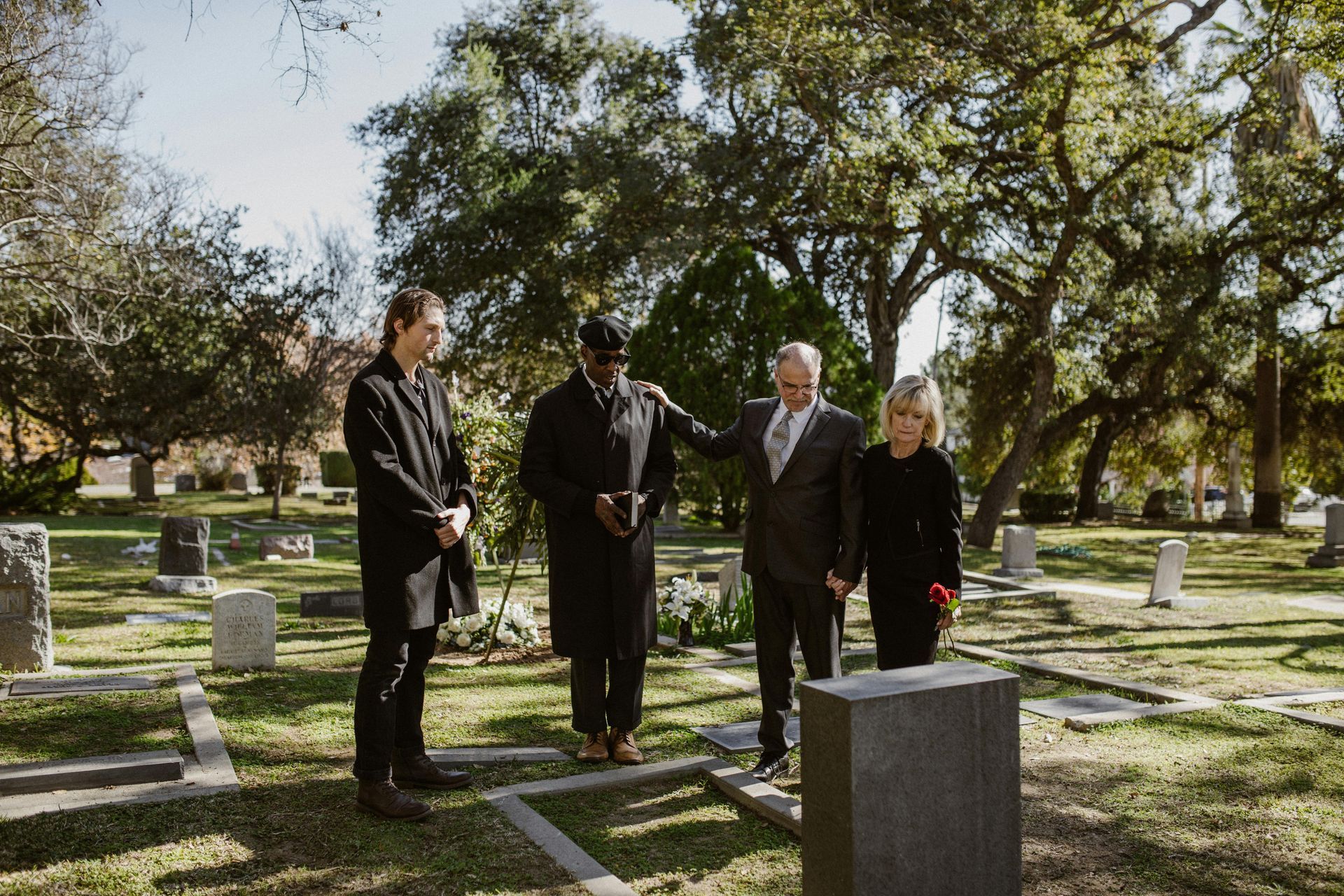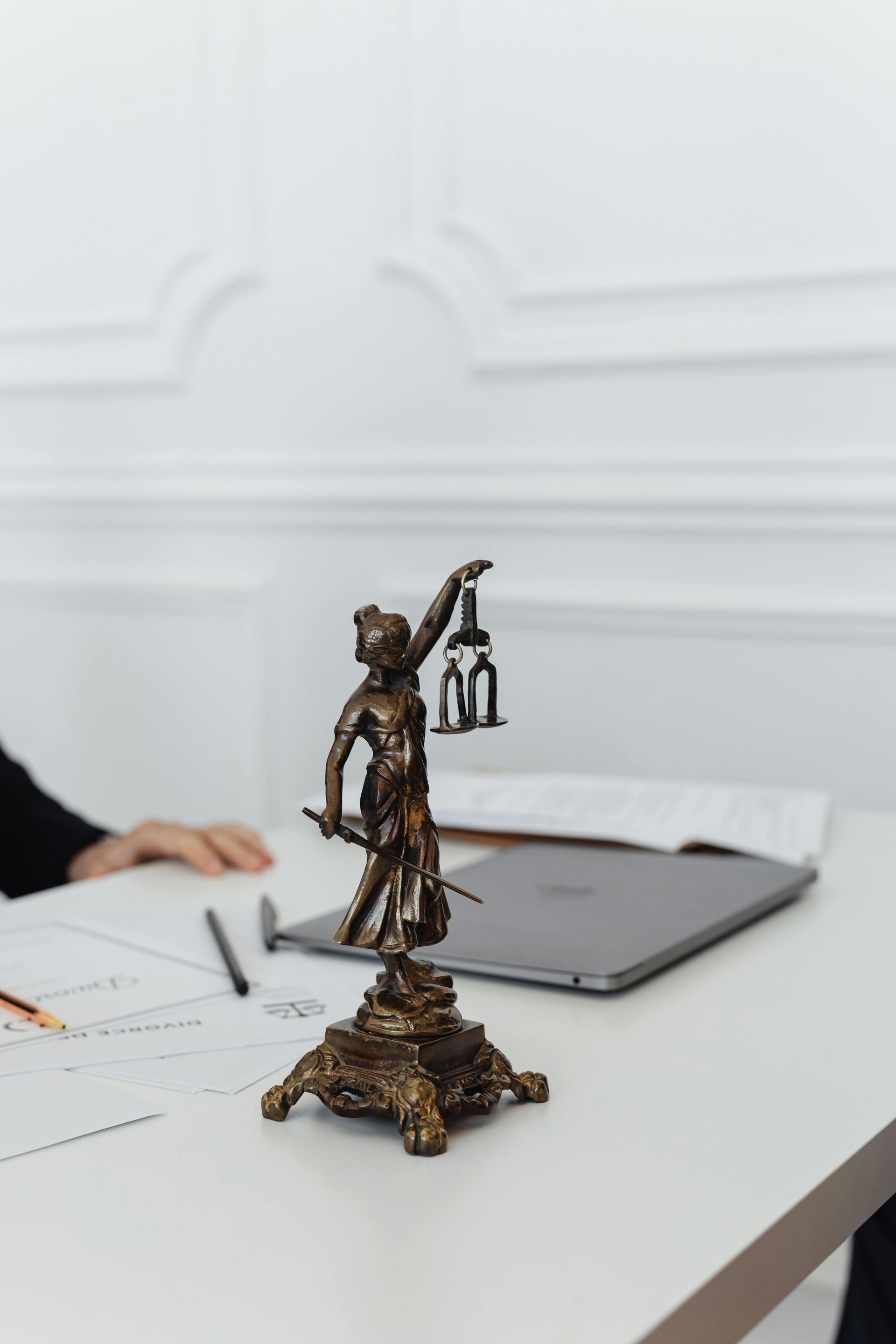When Can I Contest A Will In New York
A last will and testament is a written document that sets out how someone's estate should be distributed after their death. However, just because a will exists doesn't mean its terms should always be followed. Before the courts grant probate and allow the executor to distribute the estate according to the testator's wishes, interested parties have the chance to contest the will.
To challenge a will, you must show you have a legal reason for questioning its validity – here are the five main grounds for contesting a will in Brooklyn, New York.
1. Revocation
If someone wants to change their will or revoke it, they can do so at any time. Wills can normally be revoked by:
- destroying the current will;
- crossing out their signature on the current will; or
- signing a new will.
The newest will should prevail, as it's the most recent statement of the testator's wishes. So, it's possible to show that a will is invalid if you can prove a more recent version exists.
2. Improper Execution
A will is only properly executed if the following requirements are met:
- The testator signs the end of the will document.
- They confirm to two witnesses that this is their last will and testament.
- These individuals witness the testator's signature.
- They sign the document at the testator's request.
The will could be declared invalid if these conditions are not met. So, for example, the will may not be valid if the testator signs the start of the document rather than the end, or they sign the document without any witnesses present.
If an attorney witnesses the will, then there's a presumption that it's valid, but it may still be challenged.
3. Lack of Capacity
To create a valid will, the testator must understand at the time of the will's creation:
- who their relatives are;
- what property they own; and
- what it means to make a will.
If the testator was senile or lacked "sound mind," it's possible to challenge the will on mental capacity grounds. To prove lack of capacity, you must show that, for example, the testator didn't understand what they were signing or they didn't recognize their heirs.
It's not uncommon for individuals to challenge a will if the testator suffered from a dementia disorder such as Parkinson's or Alzheimer's. However, what's important is the testator's mental capacity at the time they made or changed their will. Even if the testator has a dementia disorder, or a mental illness, the will is valid if they were lucid for that short period of time and understood they were making a will.
Proving mental incapacity will most likely require medical evidence, but your NY wills attorney can explain what is required based on the facts.
4. Undue Influence
In an estate context, placing undue influence on someone means persuading them into drafting a will in a certain person's favor. Typically, the individual is someone close to the testator, and the family has no knowledge of what happened until they learn about the will.
Proving undue influence in Brooklyn, New York, usually means relying on circumstantial evidence, such as:
- How much the testator relied on the individual
- Testimonies from friends and family
- The testator's state of mind when they made or changed the will
It's not enough just to show that someone influenced the testator – you must show that the testator relied on the individual to the point they felt compelled to draft the will in a certain way.
Duress
Duress is similar to undue influence, although it often involves threats or violence rather than manipulation. Proving duress means showing that:
- someone coerced the testator or placed them under extreme pressure to make certain gifts in the will; and
- the testator would not have made these gifts if they were not coerced or pressured into doing so.
For example, if someone threatened to evict the testator from their home, unless they left them a gift in the will or they threatened the testator with violence, this may be considered duress.
Proving duress is challenging without hard evidence, e.g., voicemails or emails threatening the testator. An experienced wills attorney in Brooklyn, New York, can determine if there's enough evidence available.
5. Fraud
A challenge based on fraud means proving that someone deceived the testator into making or changing a will. Here are some examples of what might be considered fraud.
- The testator is duped into signing a will, thinking they were signing another document.
- A person forges the testator's signature on the will.
- Someone induces the testator to make or change a will to benefit a certain beneficiary.
Again, it's not easy to prove fraud, but a wills attorney can advise if you might have a fraud claim.
Who Can Challenge a Will in New York?
Only certain individuals have the legal standing to contest a will in New York. Those individuals are:
- The person's heirs, or "distributees," who should inherit less under the new will than they would if no will existed at all
- The "beneficiaries" of a previous will who should inherit less under the current will if it is declared valid
What Happens If the Will Is Deemed Invalid?
An invalid will won't be granted probate. Instead, the court divides the estate based on intestacy rules – these are the laws that apply when there's no will in place.
Sometimes, the court will declare certain clauses or provisions invalid rather than the entire will. In these cases, the remainder of the will still applies and the invalid provisions are ignored.
Get Help From an Estate Planning Attorney in Brooklyn, New York
If you're concerned about a will, the first thing to do is contact an estate planning attorney. An experienced lawyer can determine if you may have grounds for contesting a will in NY, and if you have a claim, they'll help you through the legal proceedings involved.
For advice and assistance from an estate planning attorney, contact Law Office of Jack Weissman
online or call 929-207-5553
today.









